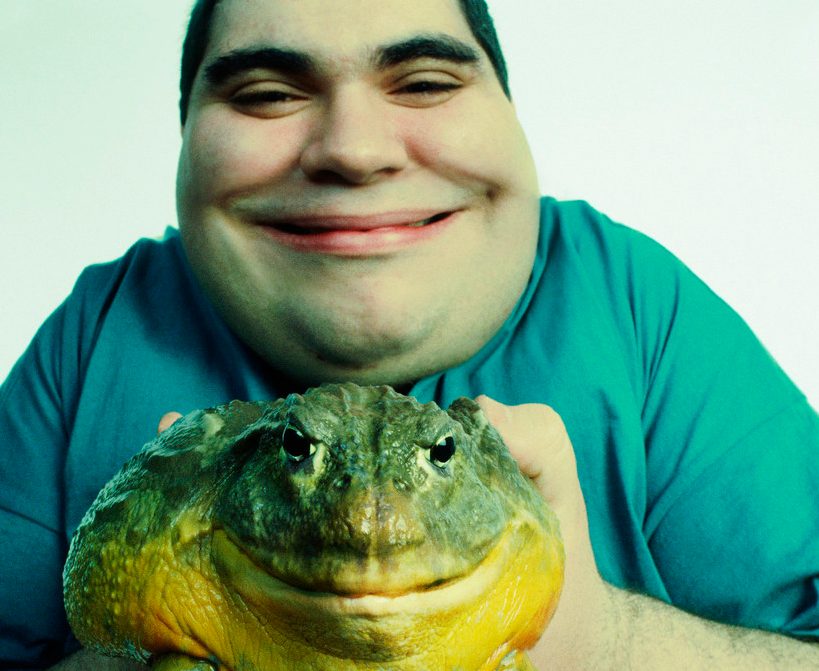Managing Your Weight Means Managing Your Emotions

Your emotions can affect what you eat and when, and lead to extra pounds. Being overtired or bored are both big triggers for binging. Here’s what you can do.
You may have heard the term “emotional eating,” when people turn to food to distract themselves from problems or when they feel rejected, lonely, sad, or even angry.
Emotional eating is tied to weight gain. But our emotions come into play whenever we choose what to eat, not just when it’s obvious, says Marc Kiviniemi, PhD, a psychologist on the faculty of the University of Kentucky in Lexington. That means a successful dieting strategy will account for your emotions.
YOU MIGHT ALSO LIKE: Our Weight Loss section
Therapy (and self-help) for emotional eating is increasingly sophisticated
You have a range of approaches to consider. Psychologists have designed programs for emotional eaters using mindfulness techniques historically linked to meditation. Other approaches teach you to be more self-accepting.
Programs also apply the principles of dialectical behavior therapy (or DBT), an approach originally aimed at people with the severe mood swings of borderline personality disorder.
Do you binge? Are you ashamed of the night you ate three boxes of cookies? Shame is your enemy: Being ashamed of your behavior and body tends to make people give up on treating themselves well.
Overeaters Anonymous is a 12-step program (like Alcoholics Anonymous) that offers free support and community with a spiritual bent.
Is emotional eating really your issue?
Some clues
Emotional eaters often have too few pleasures, frequently let themselves get tired and hungry, and hate their bodies, says psychologist Jennifer Kromberg, PsyD.
“I’ve often asked people what they would have to feel if they did not binge or overeat and the common answer is, ‘I would have nothing to look forward to,’” she says.
You can change that if you try. Letting yourself get overtired and hungry is putting extra pressure on your willpower.
You probably know if you overeat when you’ve had a romantic or work rejection or a run-in with a family member.
A starting point
When you diet, make your resolutions sync with your tastes. If you decide to eat more vegetables, pick vegetables you like and associate with good feelings. You might also pause when you reach into the store refrigerator for a drink, for example, and notice the emotion pulling you towards the soda rather than water. These are basic mindfulness techniques.
Learn to recognize a “negative thought,” stop it, and replace it with a positive thought. A negative thought might be: “My husband doesn’t care how I look anyway.” You might change that thought to: “My husband accepts me at my current weight.”
You would typically learn relaxation techniques and pleasurable activities you can do when you are upset instead of eating.
Become more self-accepting
Another approach, called acceptance and commitment therapy (ACT), focuses on ways to “accept” unwanted thoughts and emotions rather than “change” or “control” them.
Your teacher might bring a bag of potato chips or a chocolate cake into the room and show you how to tolerate the desire or any sadness, anger, or frustration you experience. You might also practice techniques borrowed from meditation — for example, imagining your thoughts as leaves in a stream floating by. The group might discuss tolerating unpleasant physical states, such as hunger, fatigue, or hot weather.
This kind of program has shown promise with emotional eaters. In a small study, participants lost an average of 26 pounds over six months and had kept the weight off three months later.
In another small clinical trial, participants who had lost more than 5 percent of their weight during an online 12-week weight loss intervention were offered a five-hour workshop using the ACT approach, teaching other self-regulation techniques. Others were offered no workshop at all. The ACT group had lost the most weight when they were followed up over the next two years.
If you feel you’re in a constant cycle of scary binging
Consider the DBT approach. You might start with a book, for example, “The DBT Solution for Emotional Eating.”
Beyond managing emotions that lead to overeating, most overweight people need to increase their fitness with exercise. Some evidence suggests that you can lose just as much weight through dieting without exercise for three or six months. But by a year or a year and half, exercisers do much better.
On the other hand, people don’t lose weight or keep it off simply by exercising more: What you eat and how much you eat counts. This may be especially true if your eating is a way of escaping emotions.
Updated:
September 21, 2022
Reviewed By:
Christopher Nystuen, MD, MBA and Janet O'Dell, RN